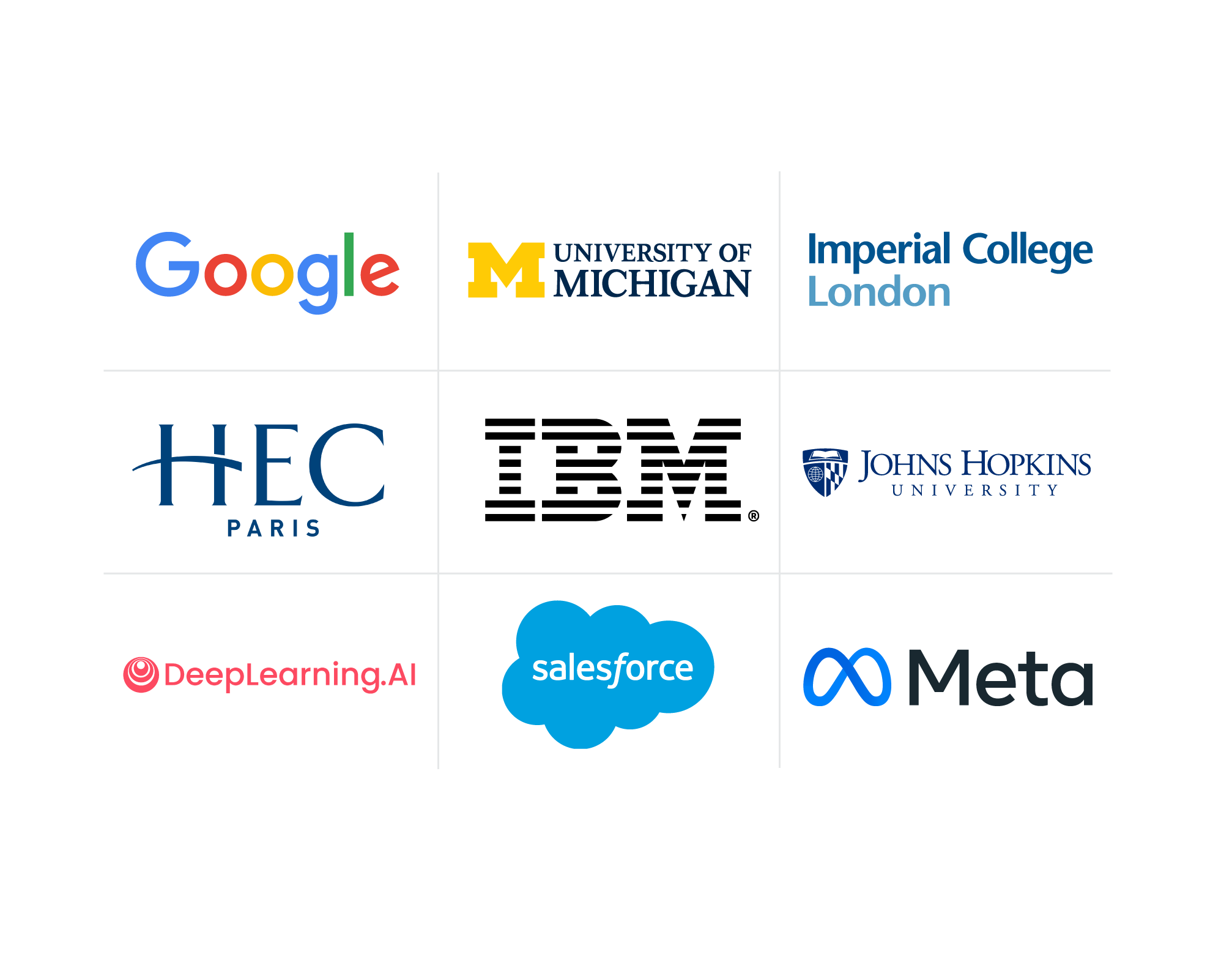What Is Career Growth and How Does It Benefit Your Organization?
Career growth is significant to employees but can also be important to your organization. Learn why companies should foster their staff's goals and how you can start doing that today.
![[Featured image] Man working on a tablet while co-workers have a discussion](https://d3njjcbhbojbot.cloudfront.net/api/utilities/v1/imageproxy/https://images.ctfassets.net/2pudprfttvy6/2ipMiLDRFV9rG1SboaZYf7/6b9d2fab6000094a9c08b9db6536328d/GettyImages-892091842.jpg?w=1500&h=680&q=60&fit=fill&f=faces&fm=jpg&fl=progressive&auto=format%2Ccompress&dpr=1&w=1000)
Many employees have bigger dreams and aspirations beyond working in their current positions for the rest of their lives. These long-term dreams and the steps they take to get there are all part of their personal career growth. As a business leader, you may wonder what an employee's career growth has to do with you. History has shown that when a company supports an employee's goals, it can also benefit the organization. Learn more about career growth, including how it can benefit you and what you can do to encourage it among your staff.
What is career growth?
Career growth is an employee's big-picture idea for their career and the steps they take to reach that goal. For example, someone may start as a cashier or salesperson in a department store but dream of eventually managing the store or taking a corporate position. They demonstrate their confidence and earn a promotion to a supervisory role after a year in sales. This helps them gain experience managing people, and eventually, they become the store manager.
However, career growth can mean more than promotion to a managerial position. For example, an employee can create a strategy to earn a bigger salary. It could mean starting and carrying out a particular project that one is passionate about. Or, after gaining more responsibility within a current role, making a lateral move into a different department or starting their own business can be a function of growth.
Career growth vs. career development
While "career growth" and "career development" are related, they are different parts of an employee's career trajectory. The growth part has more to do with a person's big-picture goals, and the development part has more to do with what it takes to get there. For example, if an employee works as a receptionist but wants to work in marketing as part of their personal career growth, they may need to earn a degree in marketing as part of their career development. If a person works as a cashier but wants to become a store manager, they may need to hone specific skills or gain many years of experience.
Career growth is a plan filled with a strategy to get from one point to the next. Career development encompasses the tasks that help a person get from one point to the next. Both career growth and career development benefit employees and their employers in many ways.
Benefits of career growth for employees
It's easy to see how career growth benefits your employees. Each individual's growth correlates directly to their personal goals. That means focusing on growth can help employees explore their passions, earn more money, get a promotion, or gain more responsibility.
Ultimately, it may improve their general happiness and well-being and give them a sense of purpose. According to Indeed’s 2022 Work Happiness Report, 90 percent of workers believe how they feel about their job affects their life outside of work [1]. Employees who focus on career growth may experience less stress and anxiety. They're generally more confident and satisfied with their jobs.

Benefits of career growth for employers
Encouraging career growth among your employees can benefit your organization as well. According to a 2022 study from Workplace Intelligence, 74 percent of millennials and members of Generation Z plan to quit their jobs due to the lack of career development opportunities [2]. That means focusing on career growth may help you attract a large portion of the current talent pool.
It also helps you retain those employees, reducing time and money spent recruiting and hiring new ones. According to LinkedIn, employees remain at a company almost twice as long if the employer is committed to career growth [3]. When you provide opportunities, you show your employees you care about their well-being and happiness, which can lead to numerous mutual benefits.
Employees are usually more engaged when you provide them with what they need, including career growth and development opportunities. This can lead to increased productivity and innovation and less absenteeism. Other benefits for employers may include:
Standing out against your competition and attracting high-quality workers
Creating strong leaders within your organization
Higher job satisfaction and a more positive company culture
Instilling a sense of pride in your employees which can help build your company's reputation
Impressing clients with your employees' credentials
Improving your overall business performance and bottom line
How employers can provide career growth opportunities
You can provide career growth opportunities for your staff in many ways. Consider setting up training programs. This could include opportunities like leadership development or regular training in areas that benefit your staff and company. Consider setting up a mentorship program, allowing your employees to ask for advice and gain information from someone in a position they may seek.
Making internal mobility a priority is another way to provide career growth opportunities. Again, this can help with employee retention. However, it can also help employees explore new career paths through lateral moves or work their way up to more advanced positions within your organization if that is their goal.
You can also provide access to external career growth opportunities. For example, consider tuition reimbursement for employees who want to take courses or earn a degree. You can also help them find other opportunities, like workshops, professional coaches, or industry events. Take it a step further and attend these events with your employees to show your support. You may also give an employee a specific assignment to help them build their skills and knowledge.
Encouraging employees to take initiative
In addition to providing career growth opportunities, consider encouraging your employees to take the initiative to find opportunities on their own. Talk to them about their goals and encourage them to do what it takes to achieve them. Ask them what they want, what skills they want to improve, or where they would like to be in five or 10 years. Ask how you can help or if the company can do something to make it easier for them to meet their goals. Make suggestions when the opportunity arises. Consider hiring speakers or holding company events that can encourage and motivate employees to take control of their career trajectory and work hard toward the next step of their plan.
Getting started with Coursera
Encourage your employees to meet their career goals through online courses on Coursera. Some of the world's top business and educational institutions offer courses and degrees, so your employees will have access to various growth opportunities. For example, employees who want to advance to roles in management or leadership may enjoy courses like Leading Diverse Teams & Organizations offered by the University of Michigan or Principles of Management offered by Johns Hopkins University.
Article sources
Indeed. “Indeed Work Happiness Report 2022, https://www.indeed.com/employers/work-wellbeing.” Accessed September 19, 2023.
This content has been made available for informational purposes only. Learners are advised to conduct additional research to ensure that courses and other credentials pursued meet their personal, professional, and financial goals.

